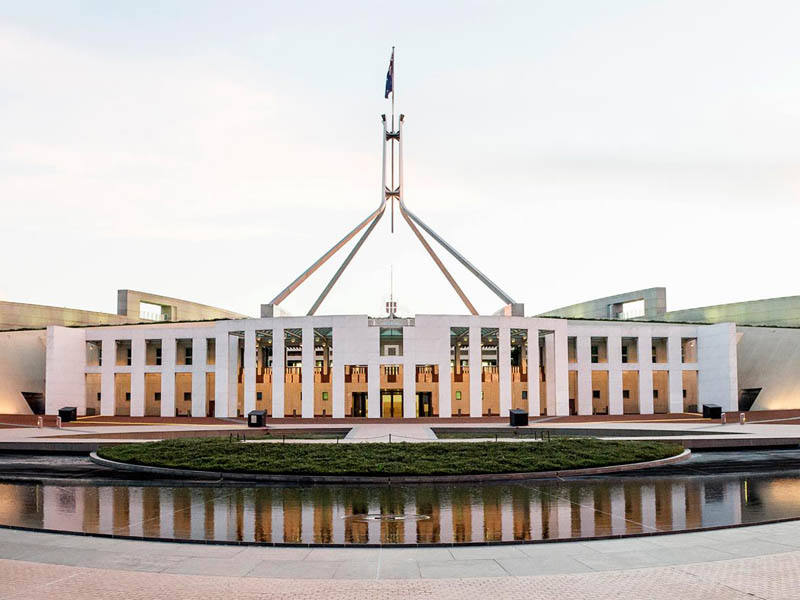The federal government will go ahead with a plan to outsource some of the research and development tax incentive compliance process, but is yet to make a final decision on the provider nearly four months after the tender closed.
At the start of February this year the Department of Industry, Innovation and Science issued an expression of interest tender for “program integrity support” for the research and development tax incentive (RDTI).
The successful applicant will assist the department with assessing whether claims made under the scheme are for eligible activities, and assess risk for the scheme.

Labor appeared set to scrap the tender if it won the May federal election, but the Coalition has now confirmed that it will go ahead with the outsourcing plan.
The Department received $4.4 million over four years in last year’s budget to “undertake greater enforcement activity and provide improved program guidance to participants”, with the outsourcing tender to form part of this expansion.
“The Department, in joint administration with the ATO, undertakes and will continue to undertake, program administration and integrity functions for the RDTI,” a department spokesperson told InnovationAus.com earlier this year.
“To deliver the greatest benefits to program participants and ensure these measures are delivered in the most efficient way, some activities will be undertaken by an external provider with the relevant expertise and skills.”
The EOI process closed on 27 February, but there has been no news since on whether a company has been selected for the tender.
In response to questions from InnovationAus.com, a spokesperson for the Department of Industry, Innovation and Science said the tender process is ongoing.
“The procurement process is still in progress. The department does not comment on procurements that are in the process of evaluation,” the spokesperson told InnovationAus.com.
The decision to outsource some of the department’s role in conducting compliance checks for RDTI claims is a confusing one, Special Innovation Advisor at the University of Technology Sydney and UTS Innovation Council Chair Roy Green said.
“It’s puzzling to me why the department would outsource a core public service function of this nature. Is this due to a lack of internal resources? If so, it is another sad reflection of the hollowing out of public service expertise,” Professor Green told InnovationAus.com earlier this year.
Labor has also previously raised concerns with the plans and requested the tender be delayed until after the May election.
Former shadow industry minister Kim Carr had said he was “highly concerned” about the plan to outsource some of the RDTI compliance checks.
“Compliance of government programs should be the core business of the public service and Labor is highly concerned that this service is going to be outsourced. The department should know more about the issues with the R&D incentive than any subcontractor,” Senator Carr said.
“Labor is highly concerned that the expressions of interest for the outsourced work will probably come from the same companies who are putting in the claims,” he said.
“Even more concerning is that the government is expecting prospective suppliers to come up with how conflict of interest will be handled.”
When questioned at senate estimates earlier this year, an industry department representative denied that they were seeking to outsource some elements of the compliance checks.
“We are not outsourcing core functions or delegations of the department, we are at this stage seeking expressions of interest from external providers in terms of how they may be able to support us in terms of those integrity and compliance functions,” the spokesperson said in February.
“They will be working with us in a complementary capacity but the core functions of decision-making will remain with the department.”
The scope of the government’s increased compliance activities surrounding the RDTI were revealed in documents recently released under a Freedom of Information request.
The documents showed that compliance checks nearly doubled in the last financial year, with about $200 million clawed back from companies in 2017-18.
About 2.1 per cent of the 13,000 companies accessing the RDTI were subject to compliance checks, up from 1.3 percent in the previous year, which recovered $115 million.
The 2015-16 financial year saw just 80 compliance checks with $185 million recovered.
The department also released new guidance in February for companies making RDTI claims for software-related activities. The guidelines were to provide “more confidence in claiming support for software activities under the RDTI”, but were labelled as “another kick in the teeth” by AirTree Ventures partner James Cameron.
The 16-page guidance outlined how tech companies need to be more specific with making sure their activities are eligible for the scheme, and keep better records for the activities.
Do you know more? Contact James Riley via Email.

